Let us help you build confidence and practical skills in participating board meetings...
Category Three includes:
- Indigenous-led organisations (at least 51% of the governing body must be Aboriginal and/or Torres Strait Islander peoples).
- Incorporated under legislation.
- In existence* for at least 3 years (since January 2023).
- Have an annual revenue of over $1 million.
- Operating at a community, regional and/or national level.
Note: Local Aboriginal Land Councils and other Indigenous-led Government Statutory Bodies are encouraged to apply if they meet the above criteria.
*Existence not tied to incorporation. Organisations who have changed their incorporation status since January 2023 are encouraged to apply if all other eligibility criteria are met.
Djarindjin Aboriginal Corporation
Category Three 2024 Winner
The Djarindjin community in Western Australia’s Dampier Peninsula was established as a defiant act of self-determination by Bardi and Jawi people escaping the control of missions in the 1980s. Djarindjin’s directors are all First Nations and residents of the community or connected outstations.
For years, Djarindjin Aboriginal Corporation has been largely self-funding with revenue from its airport. This airport is the only First Nations-owned and operated independent commercial airport in Australia and is run by an all-local team from across the Dampier Peninsula.
Over the years Djarindjin has built a significant level of community-trust that serves as a key driver to their success. Their 100% Aboriginal and Torres Strait Islander board of directors are accountable to their members through formal structures as well as direct consultations and feedback.
Djarindjin is on a clear path to true nation building. They are quickly realising their vision to carve out their own community, on their own terms, on their own country, and under their own control.
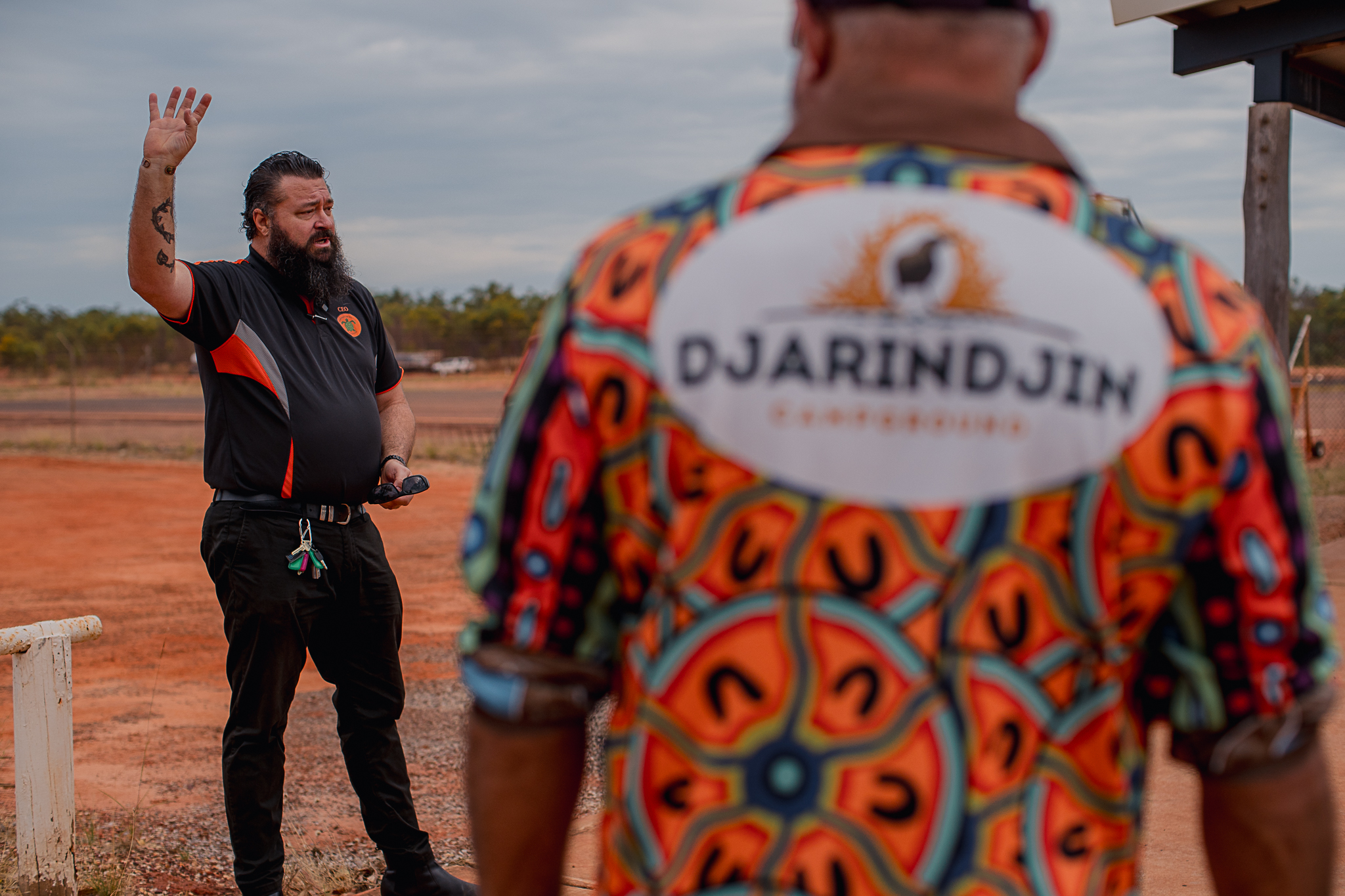
Granites Mine Affected Areas Aboriginal Corporation
Category Three 2024 Finalist
Granites Mine Affected Areas Aboriginal Corporation (GMAAAC) was established in 1991 in partnership with the Central Land Council to manage and distribute payments provided to nine Tanami communities for the operation of the Granites Gold Mine on their Country.
At least 50% of the funds received are invested for future use in communities. Each community elects a committee to prioritise, plan and fund projects. These committees elect eighteen directors who oversee GMAAAC’s investments.
GMAAAC holds a strong commitment to inclusive governance such as facilitating women’s leadership in preserving cultural knowledge and practices. Their governance also has a number of initiatives in place to elevate diverse voices in decision-making, ensuring balanced participation.
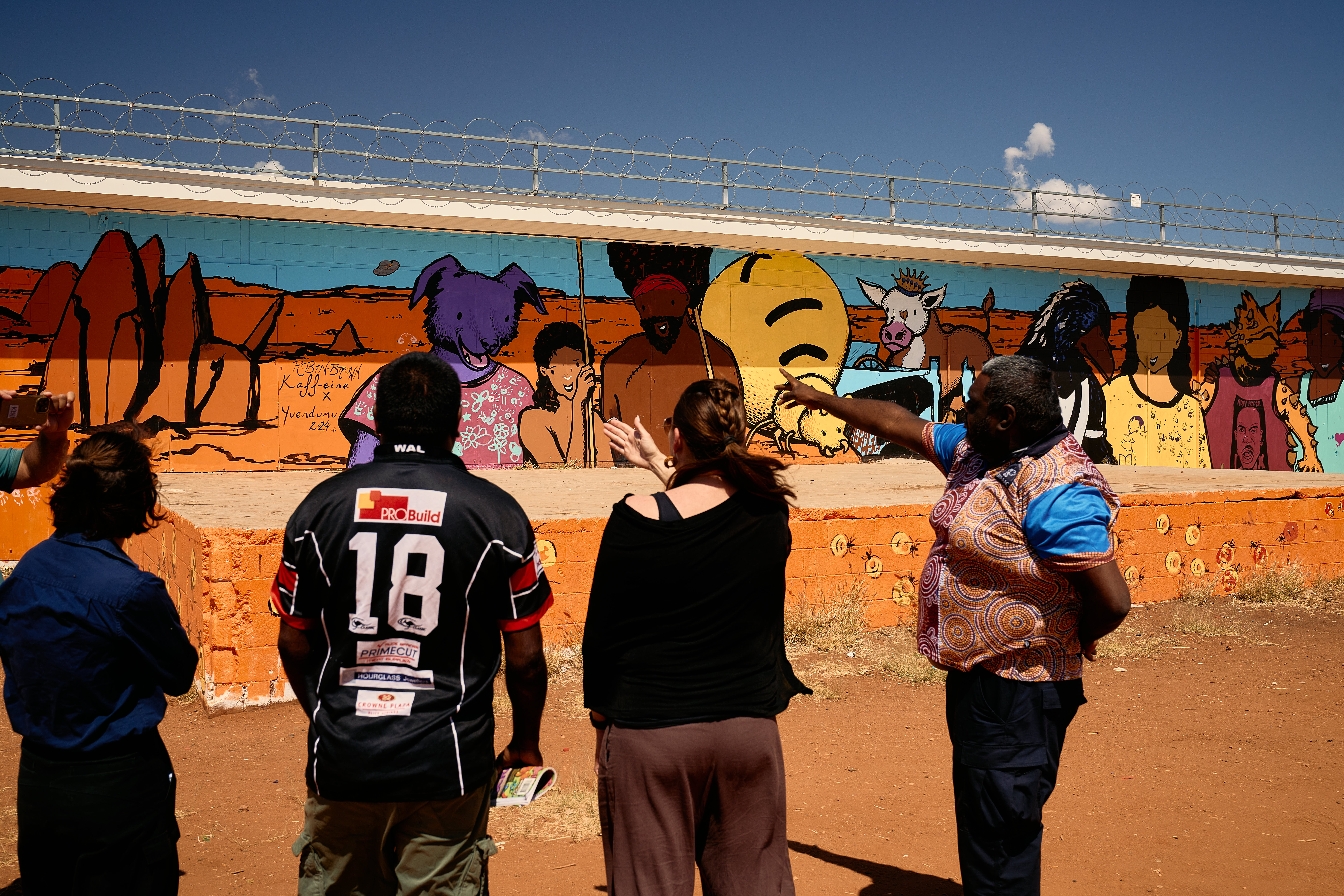
Wajarri Yamaji Aboriginal Corporation
Category Three 2024 Finalist
Wajarri Yamaji Aboriginal Corporation (WYAC) was established in May 2013 to assist with the Native Title claims of the Minangu, Burringurrah/Milly Milly, Byro and Ngoonooru land groups in the Murchison and Gascyone regions of Western Australia.
The board of nine directors is composed of/comprises representatives of the land committees of the four groups. This structure allows for member input in decision making, as WYAC works for Wajarri people by investing in programs, facilitating community and pursuing opportunity.
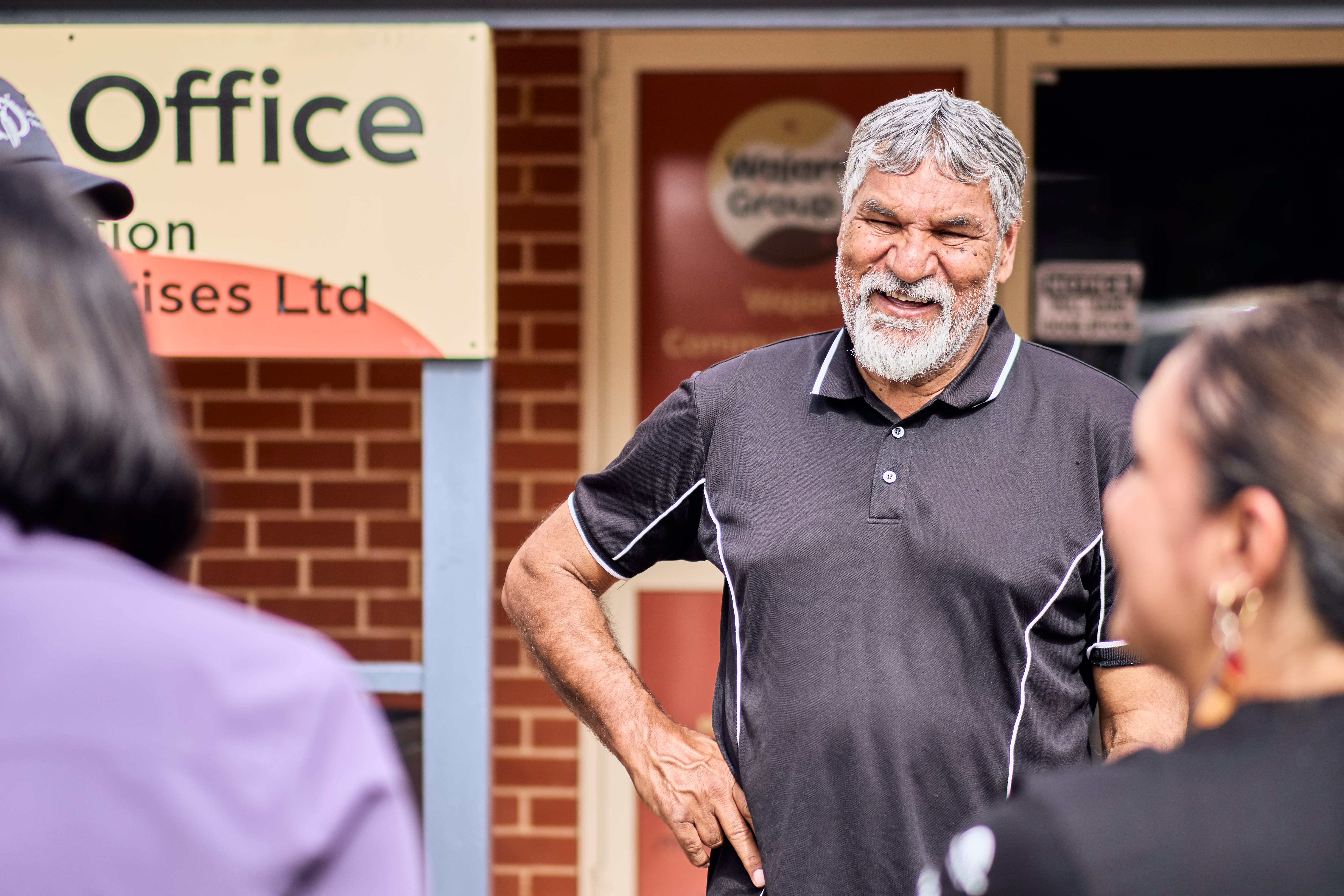
Stay connected
Subscribe to AIGI news and updates.

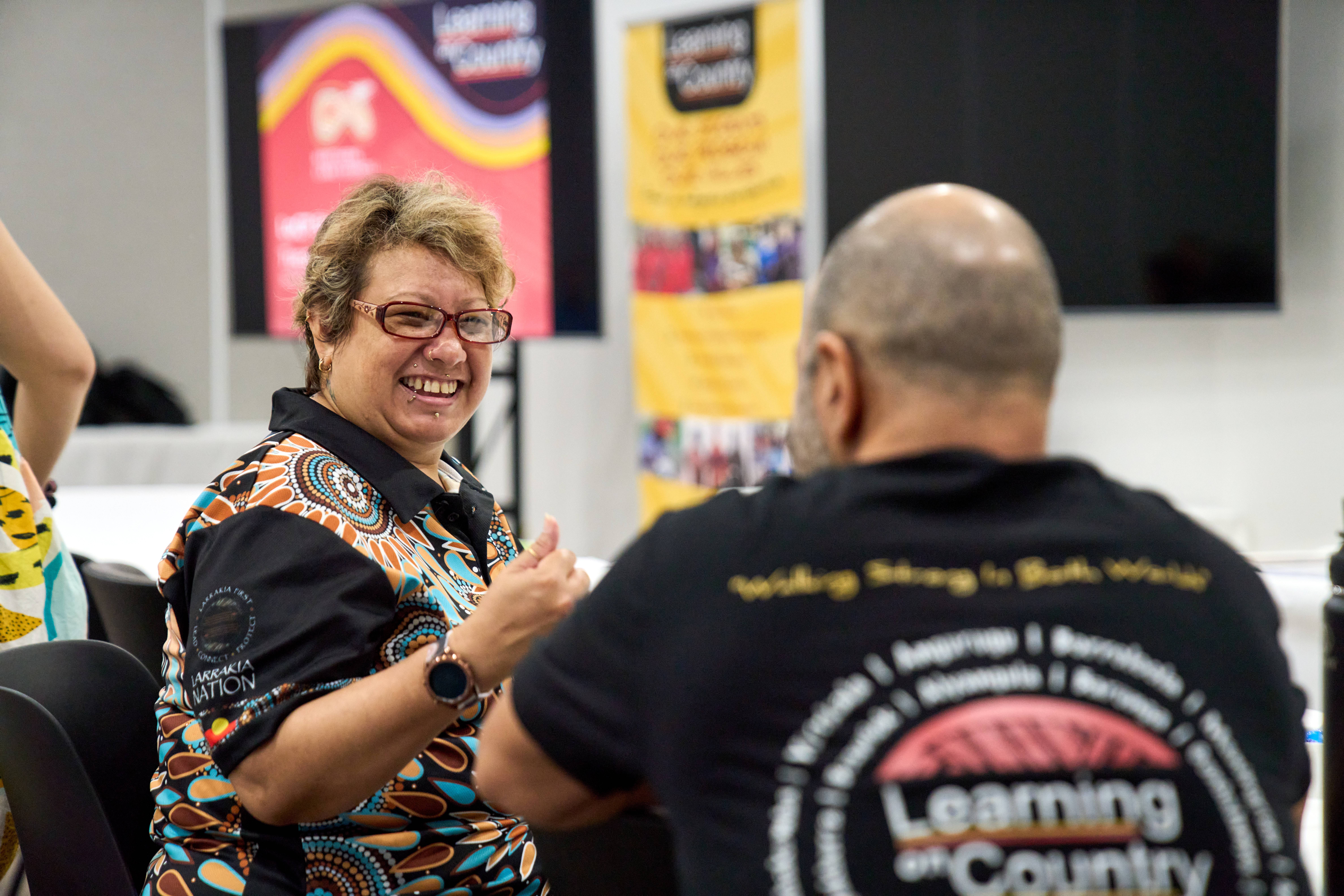
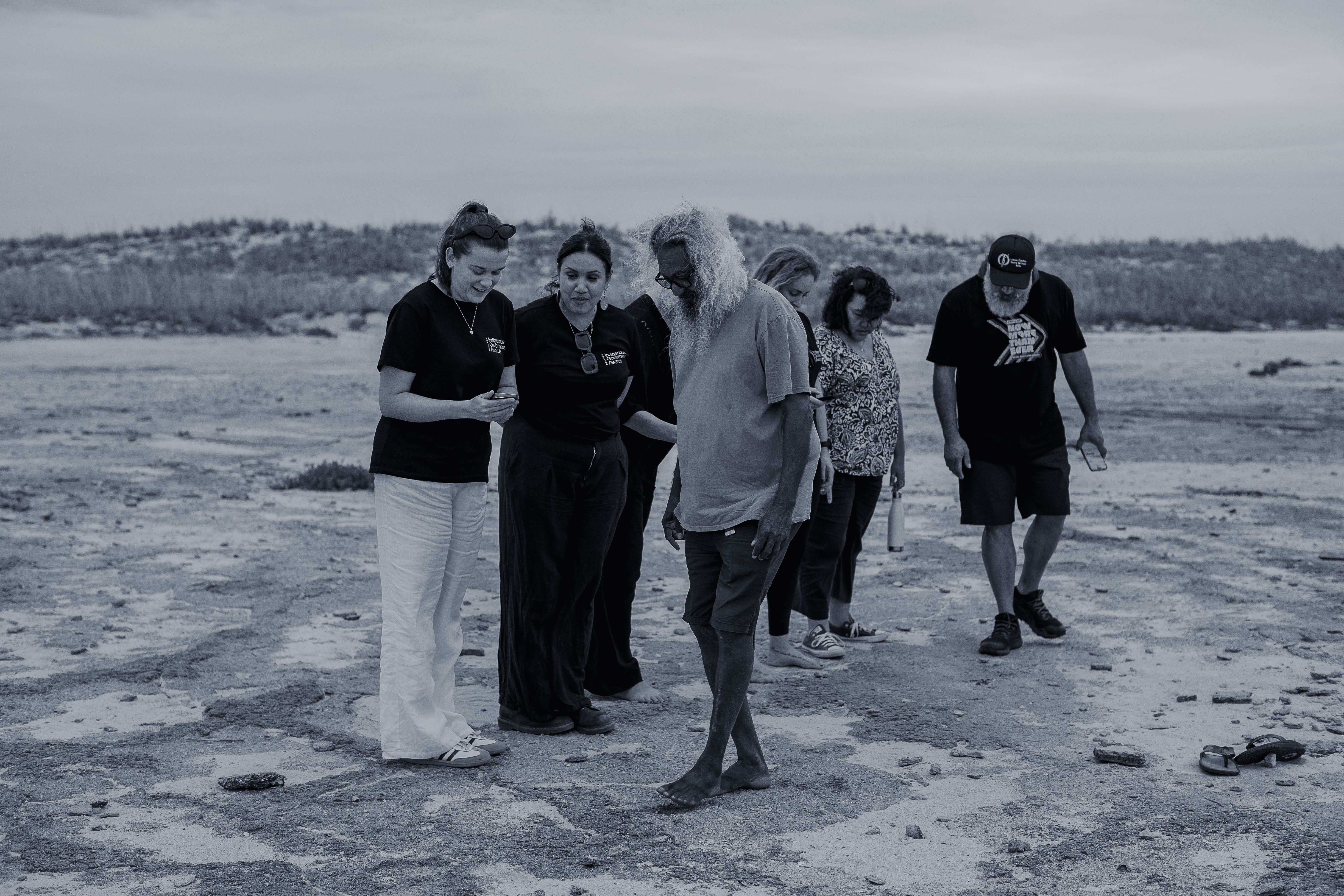
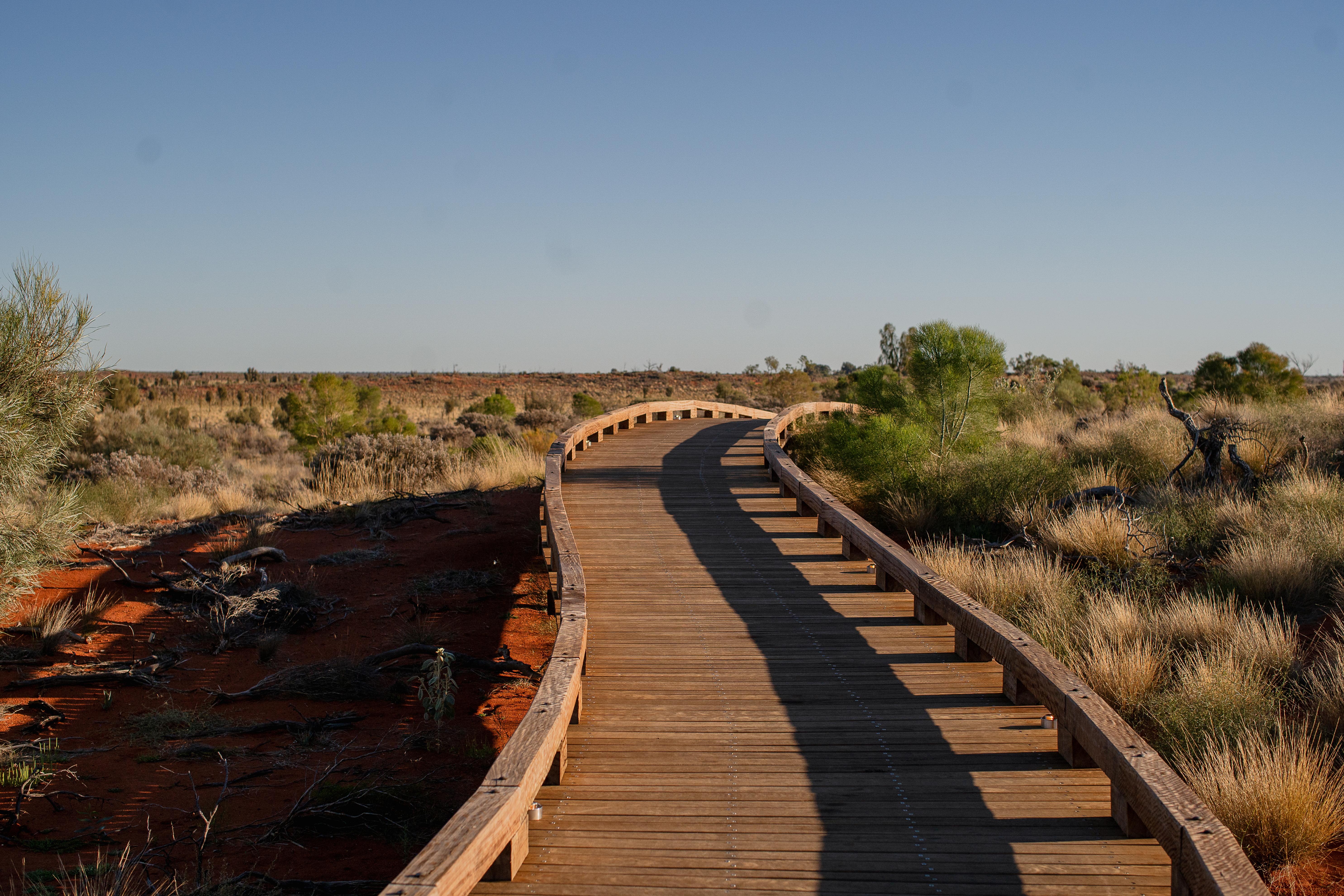
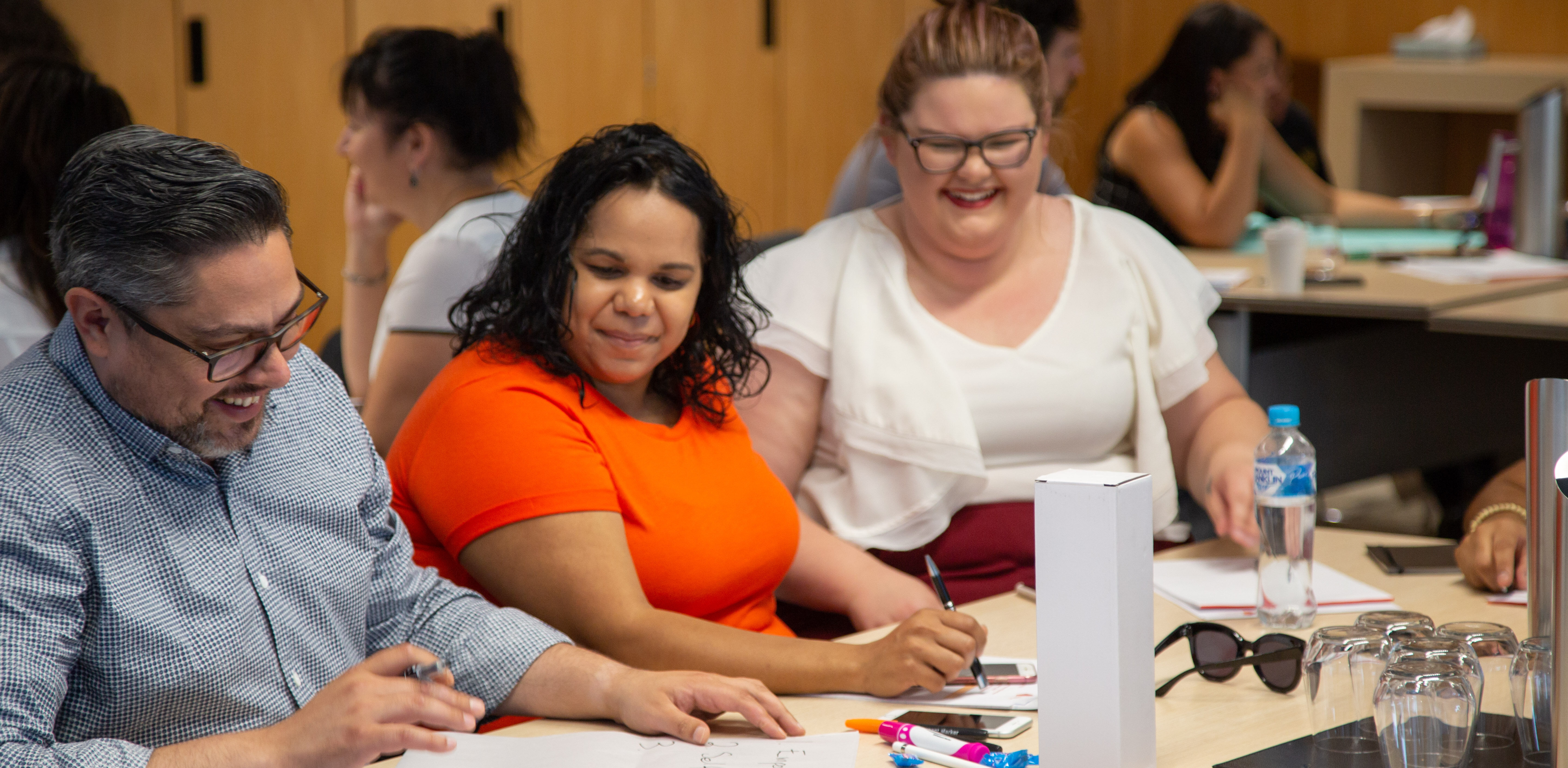
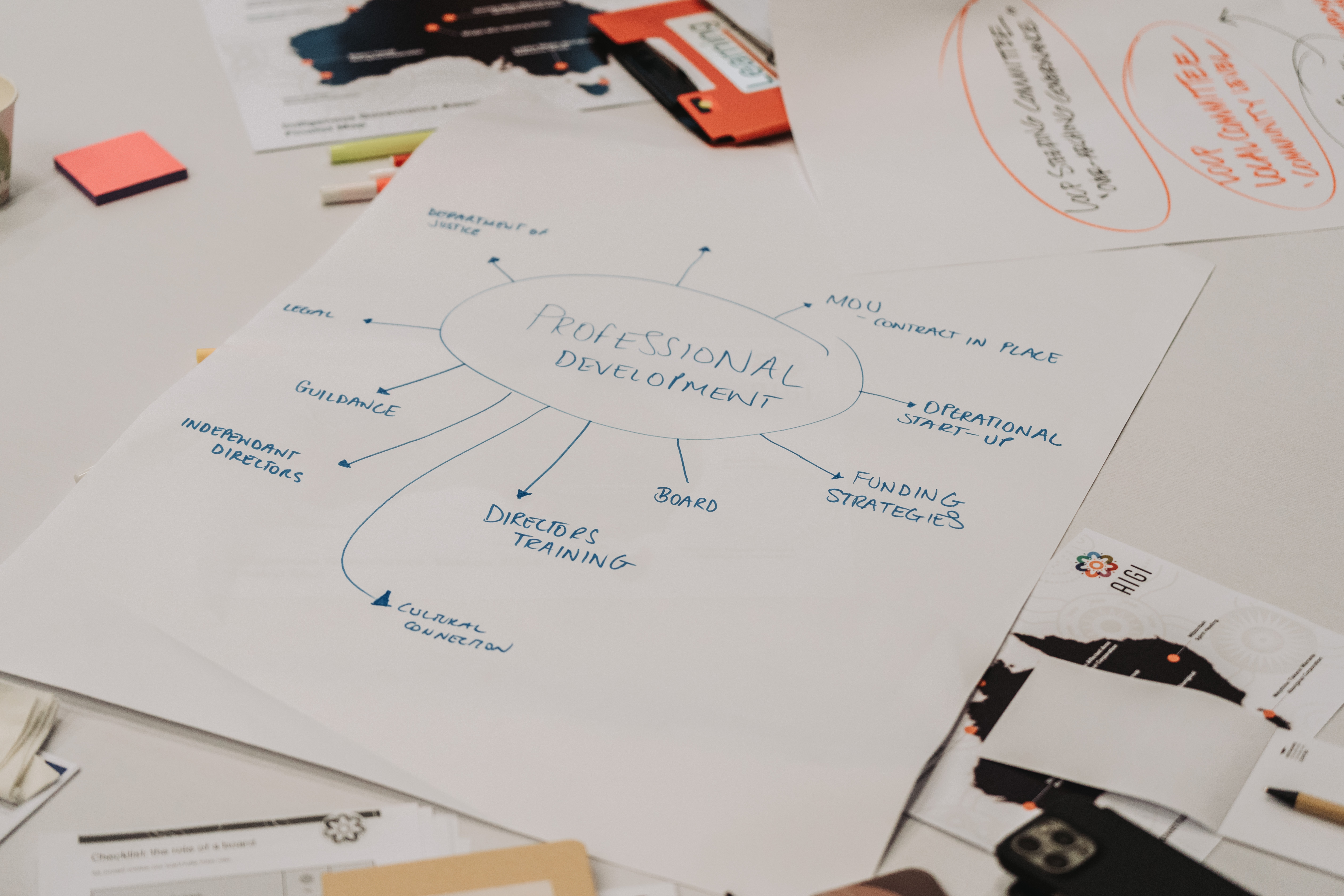
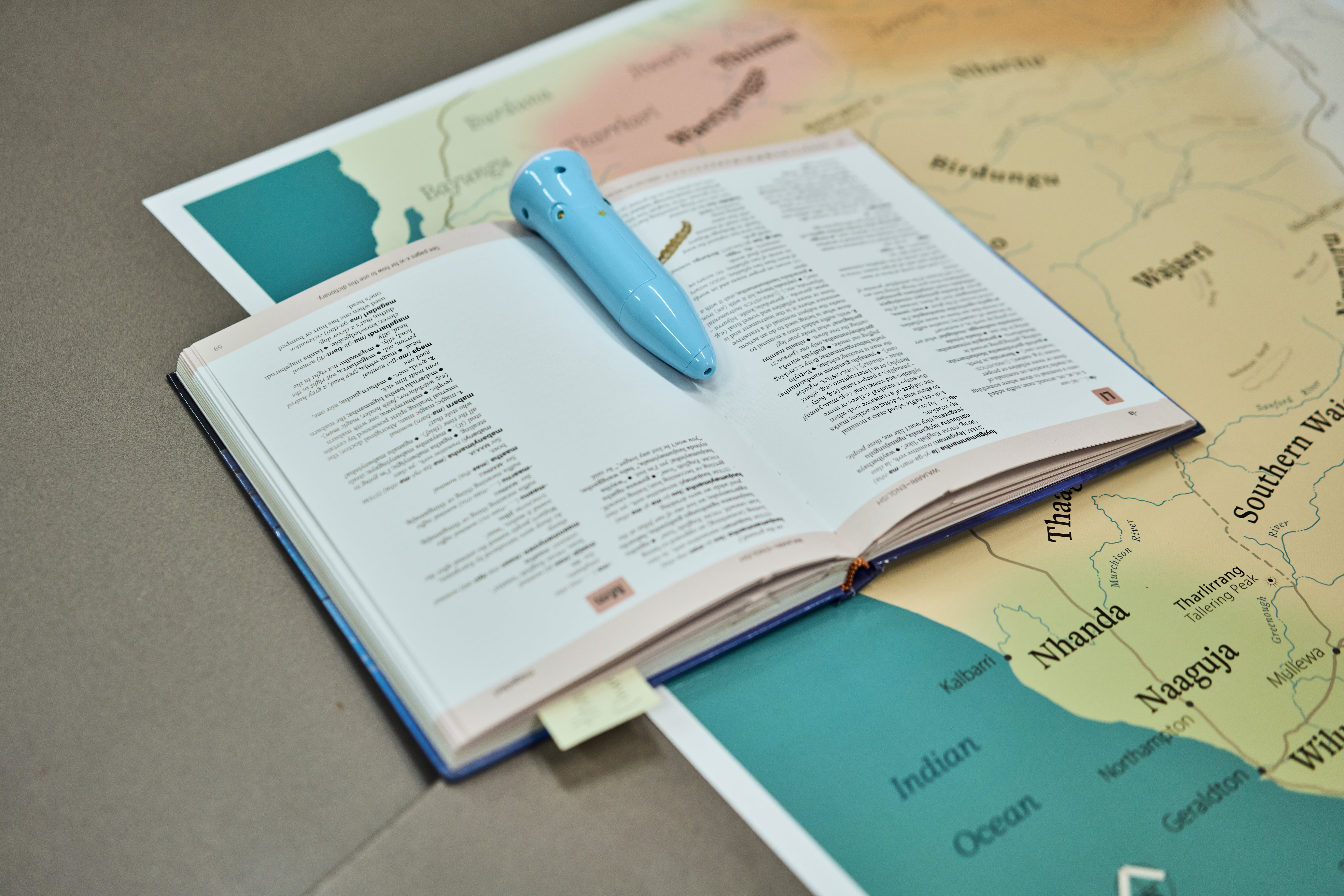

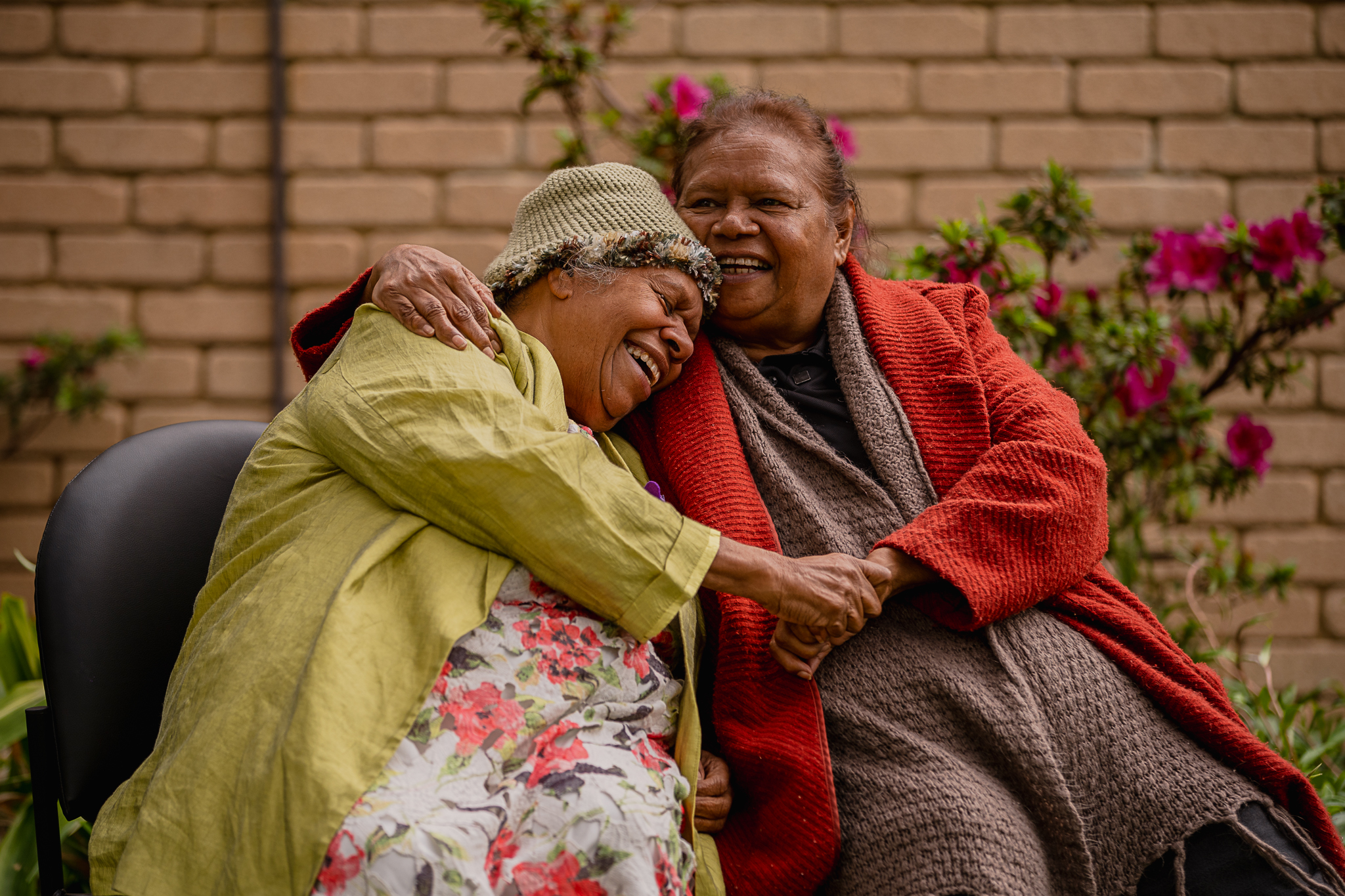



.png)

